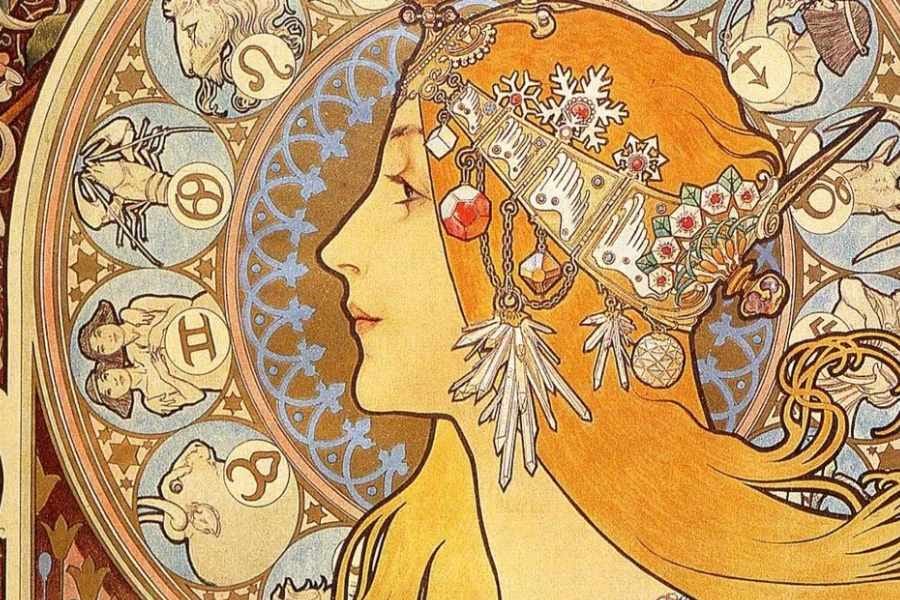The Left Needs Beauty.
The left faces a paradoxical challenge: while championing diversity and inclusion, it has simultaneously developed a complicated relationship with aesthetic beauty. This tension creates philosophical inconsistencies and practical barriers to broader appeal, ultimately leading to their slow demise.
Modern liberal and leftist movements have increasingly embraced a stance that either denies beauty's existence or treats it with downright suspicion. Cultural critic and controversial self-described anti-feminist feminist, Camille Paglia, has long argued that contemporary progressivism harbors "a distrust of beauty as being somehow intrinsically fascist." In her work "Sexual Personae," Paglia contends that this rejection stems from associating traditional beauty with oppressive power structures.
The impact of ubiquitous post-modernism in academic and activist circles has intensified this trend. Feminist writer Judith Butler's influential work on gender performativity, while valuable in many contexts, has sometimes been extended beyond its original scope to suggest that material reality and biology as mere social constructs. A very obvious spoiler alert: it’s not.
When misapplied, this framework creates intellectual environments where beauty becomes merely another construct to be deconstructed rather than experienced or something that indeed materially exists.
Particularly concerning is how some progressive campaigns inadvertently reinforce othering and ugliness as a virtue signal of moral purity while attempting to promote diversity. In his essay "Exiting the Vampire Castle," Mark Fisher critiques how leftist identity politics can create hierarchies of marginalization that ultimately undermine solidarity.
These diversity campaigns often position marginalized identities as inherently separate from conventional beauty standards, rather than including a diverse pool of people who meet those standards. This approach inadvertently reinforces dichotomies between "normal" and "other” under the intentions of virtue signalling.
As feminist scholar Susan Faludi documented in "Backlash," the denigration of feminine aesthetic expressions often masquerades as liberation while restricting women's choices. When the left treats traditionally feminine beauty as inherently compromised or politically suspect, it paradoxically reinforces the misogynistic notion that feminine expression lacks value!
The consequences extend beyond philosophical inconsistency. Political movements require emotional resonance, and aesthetic appeal has always been central to effective political mobilization. Denying this fundamental reality to pass moral purity tests is to your movement’s peril. The civil rights movement understood this profoundly. As historian Tanisha C. Ford explores in "Dressed in Dreams," activists strategically deployed respectability and beauty as tactical weapons. Visual appeal must be recognized as a powerful tool for winning hearts and minds.
The abandonment of beauty creates a vacuum eagerly filled by political opponents. Conservative movements have proven adept at harnessing aesthetic appeal through stylized nostalgia and visual coherence. When progressive spaces reject beauty as politically problematic, they cede this mighty terrain to their opposition.




I don't identify w/ any party, but my own. Too many labels.